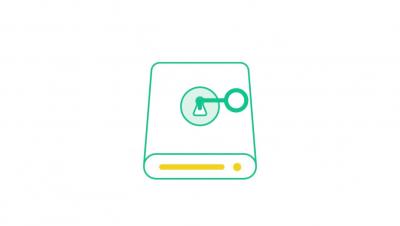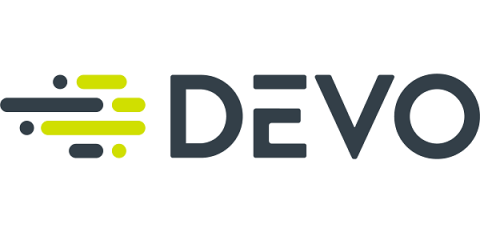Security | Threat Detection | Cyberattacks | DevSecOps | Compliance
%term
Improving Incident Response Time With Smarter Network Security Tools
One of the biggest concerns of any cybersecurity analyst is whether or not they will be able to stop an attack before it can do any damage. That said, making sense of the flood of alerts is, in itself, a time-consuming task. As networks become more complex and malicious attacks become more advanced, it can become difficult to hit your incident response targets. With the right network security tools, however, your organization very quickly can detect, prioritize and remediate threats.
It's About the Economics of Machine Data, Stupid
If I never hear the phrase “Data is the new oil” again I will die a happy man. Don’t get me wrong – I wholeheartedly believe in the value of data and its power to transform businesses – but the frequency with which I hear this phrase reminds me we are still in the adolescent fascination phase of how we look at the power of data.
The Importance of Patch Management
With each passing year, our world becomes more and more digital. Our social interactions and personal data as well as many of our jobs are based primarily on the internet. Although this shift has come with great benefits, it’s also opened us up to a heightened threat of cyber terrorism. 2017 saw some of the most devastating high-profile attacks in history, opening the eyes of business of all sizes to the importance of stronger security.
Do I need to Fear My Toaster?
My mobile phone tells me my doorbell is ringing. Sweet. Of course I can hear the doorbell, but that’s not the point is it? Do I need my microwave oven to tell me by text something is cooked? No. Not sure if I can trust it that far, and of course I need to put the food in to start with so I know it won’t take long. I’m also hungry and eager to eat so I’m not going to wander off – certainly not to the shops for half and hour.
Staying Secure When Online Shopping: Getting the Basics Right
Online shopping has become so popular that it has contributed to the fall of once giant businesses like Sears. But beneath the convenience of ordering goods at home is a mammoth cybersecurity problem that affects millions of users every year. You may think shopping on sites like Amazon and eBay is completely safe – but it’s not. Hackers can get your credit card information if your passwords are weak. Attackers can send malware to your PC as you shop.
Tripwire Visibility for ICS: Getting From Data Mountains to Event Nuggets
If you operate an industrial network, you know that it is important to recognize operational errors and malicious changes as fast as possible to prevent unsafe and costly conditions from emerging. But achieving this goal requires you to be able to ingest enormous volumes of data and reduce this to an actionable volume of events that indicate the presence of a problem. You don’t have days to get this done. You need an answer in a matter of minutes.
Enforce Docker Image CIS Policy Compliance with Tripwire for DevOps
We are working hard adding features to our new Tripwire for DevOps service, initially announced at BlackHat 2018. If you are a loyal State of Security follower, last you read we added Auditing for Amazon Machine Images (aka AMIs). Today, we are introducing CIS policy compliance auditing for Docker images. Tripwire for DevOps allows you to evaluate your Docker Images to check for policy compliance at build time.
How to Defend Your IoT Devices from IoT Botnets
The Internet of Things (IoT) is changing how the world works. Machine to machine (M2M) communication simply makes for faster, more timely, and transparent connections, thereby saving us a lot of time and money. In the hands of the right people, the IoT has great potential to improve quality of life. But some people have found a way to exploit the IoT for their own gain. They do this through the IoT botnet.
Security Orchestration, Automation, And Response (SOAR) Overview
As per Gartner definition, SOAR is the set of technologies that allow enterprises to collect security threats’ alerts and data from multiple sources, and then perform incident analysis and remediation process by using both human skills and machine power together to help in defining, prioritizing, and driving standardized incident response activities in accordance with a standard workflow.







